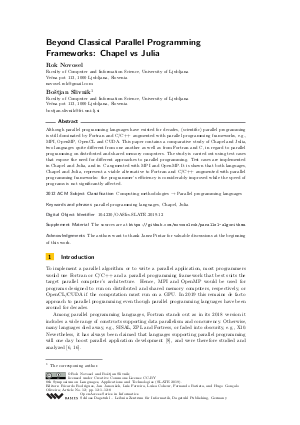OASIcs.SLATE.2019.12.pdf
- Filesize: 0.63 MB
- 8 pages

 Creative Commons Attribution 3.0 Unported license
Creative Commons Attribution 3.0 Unported license




















Feedback for Dagstuhl Publishing